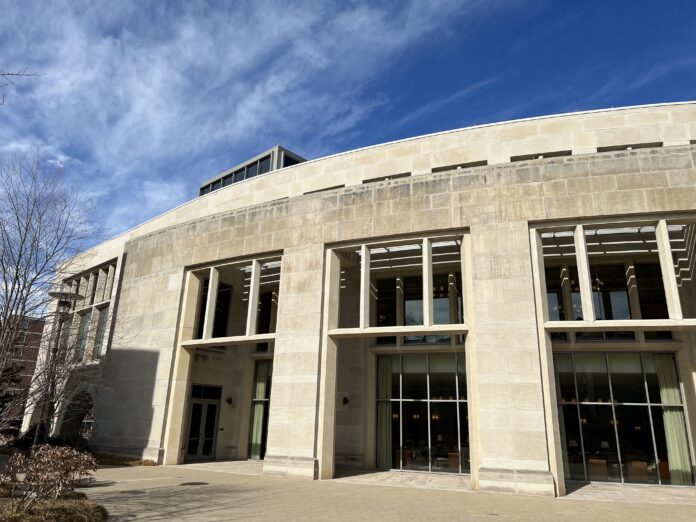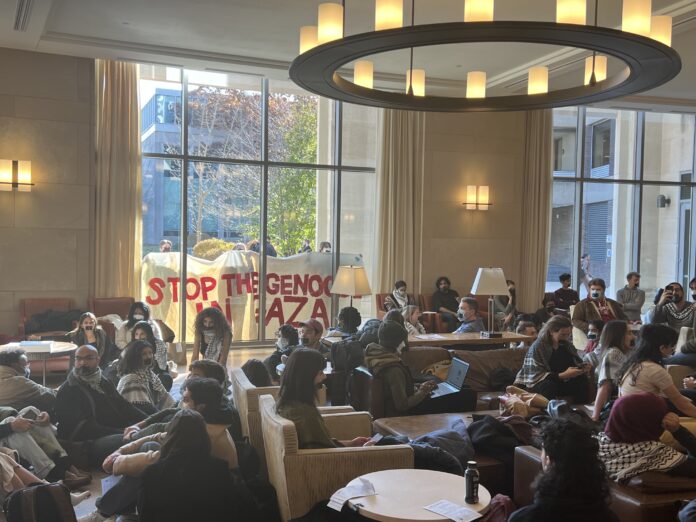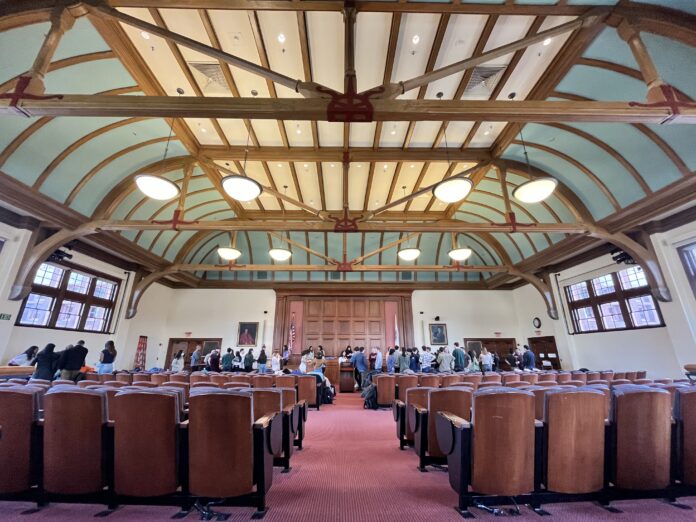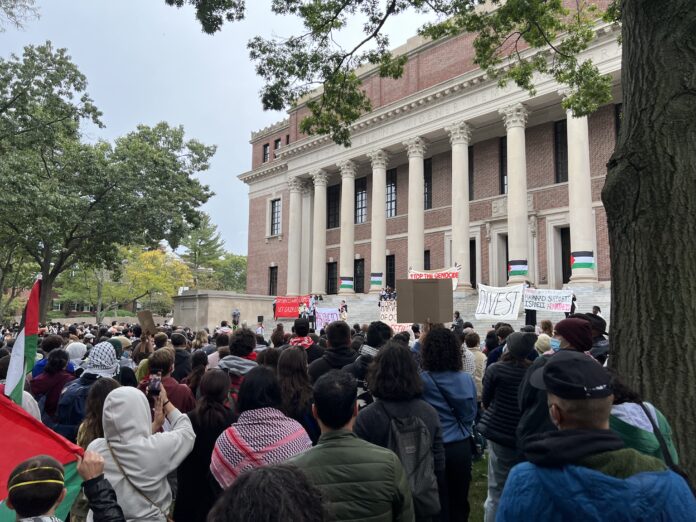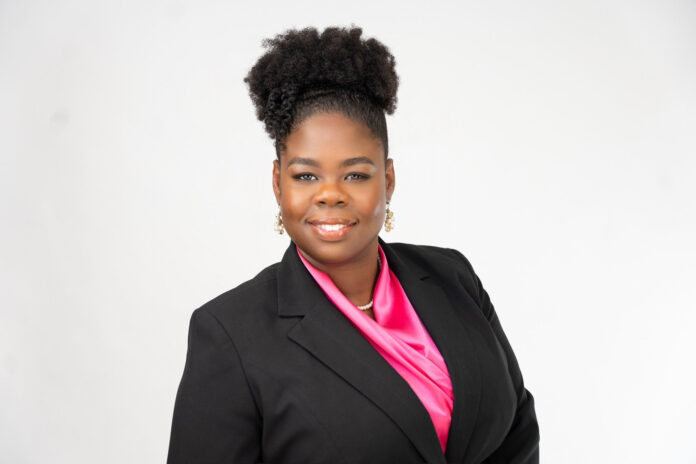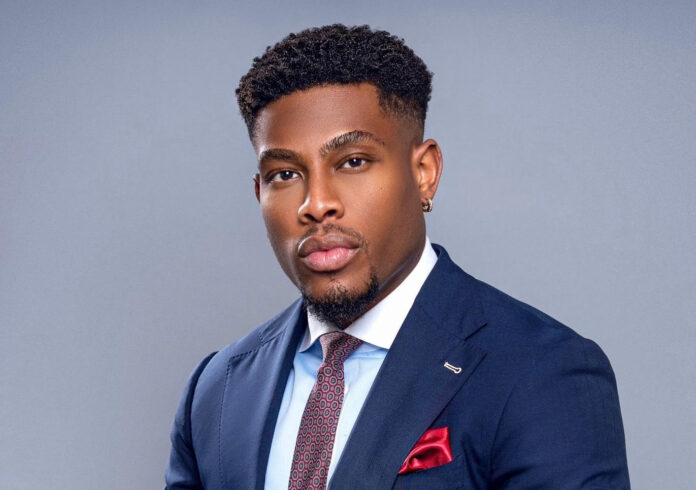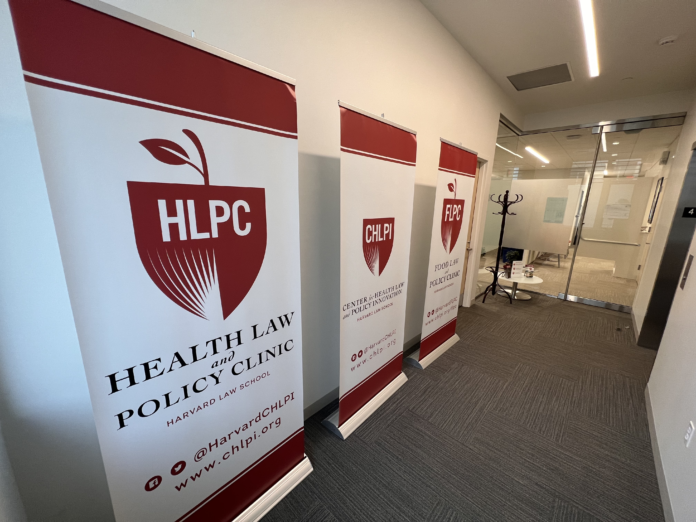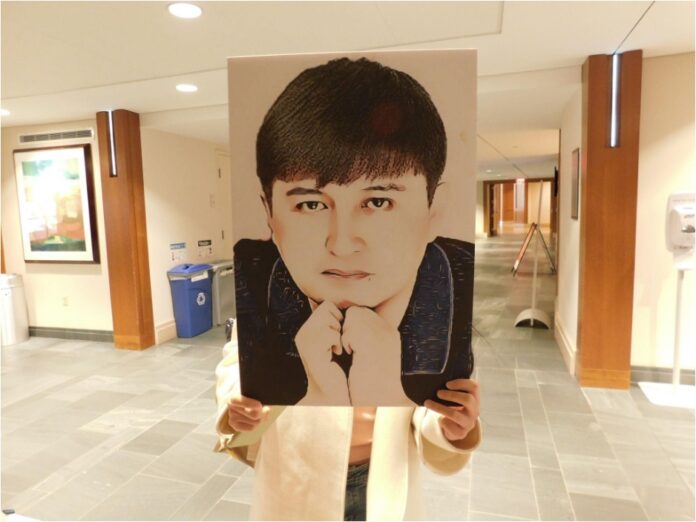As an insomniac, I often say “I didn’t sleep at all,” but I’ve never meant that literally until the morning of my in-person exam. The night before my exam I did everything to quell my anxiety: relaxing activities for several hours before bedtime, fully packing and preparing my clothes and food for the morning, and filling up on numerous drugs intended to induce sleep.
But nothing worked. For 10 hours I laid in bed trying my best to ignore my anxious thoughts. What if I don’t wake up to my alarm? What if my injuries act up and I’m in horrible pain? What if it’s raining and I can’t do my normal 2 mile commute by bike without arriving soaked? What if, because I can’t bike, I need to take the bus which is never on time and will definitely exacerbate my shoulder injury because I can’t carry a laptop and charger that long without pain? After 6 hours it became “What if I don’t sleep enough and I can’t take this exam?” which led to the fear of delaying my return home, the only thing I knew could return a sense of peace.
Last year none of this was a problem. With all of 1L exams administered as takehomes, I was able to create a palace of peace, with everything tailored to my physical disabilities and a multitude of calming influences. For me, this place is in Philadelphia where my partner lives in a quiet neighborhood and his apartment feels like home — a stark contrast to what I can afford in Boston, where split level houses mean no refuge from loud neighbors. My place in Somerville also faces constant bombardment from the Logan Airport planes from 5 am to midnight. In 1L I never talked to the Accessibility office despite having a hidden disability for 7 years. When I could create my own testing environment it wasn’t a problem — I needn’t worry about the pain from carrying my things nor from being at a chair or desk for hours that aren’t fit for my disability. But in every way I felt comfort last year, I had a new anxiety this year. This wreaked havoc on my mind and body, causing problems I never could have anticipated.
Interacting with other students amplified this anxiety — suddenly I needed to out myself as needing accommodations. I’m generally open about my disability to my friends, but needing to explain whereabouts during the exam puts people with disabilities in an uncomfortable position. Further, because they put nearly all accommodations students in the same area, students are unwittingly outed to others they pass in the hallways. For students wishing to maintain privacy around their disabilities, this experience can be painful.
For many students, including myself, completing grad school in Cambridge requires sacrificing familial or partner commitments elsewhere. During an exam period, being near loved ones can make a world of difference. In addition to general comfort, these relationships can help relieve burdens during exam periods such as cooking or taking care of dependents or pets. Having in person exams means we must instead find caretakers for these dependents. Meanwhile, there are so few breaks in the semester; allowing takehome exams would give students 2-3 additional weeks to spend with their loved ones. As is, with the early J-Term start, students have only 2 weeks to both relax and visit family and long distance partners, requiring further sacrifices and tradeoffs resulting in strained relationships. Next year the calendar works out to only 10 days off.
For me, this time was significantly shortened. The morning after returning to Philadelphia, I tested positive for COVID, both cutting my time short with a mandatory quarantine and making my final paper a herculean task. (Yes, I could have gotten an extension, but then what breaktime would have been left?). Last year Harvard opted for takehome exams due to the ongoing risk of students contracting COVID. That risk hasn’t ended, so why has the calculus?
That is, unless Harvard cares about academic integrity above all. Are in person exams worth all this pain? For what? To ensure that students don’t cheat? With pass-fail grading and hypos derived from the make-believe world of Ames, I’m not sure how or why anyone would. For collegiality and collective relief across the class? That is the definition of trauma bonding.
Mine is only one amongst hundreds of stories. Harvard Law Deans, trustees and professors, please ask yourselves why you made this outdated and unnecessary practice return. Was it worth it?


